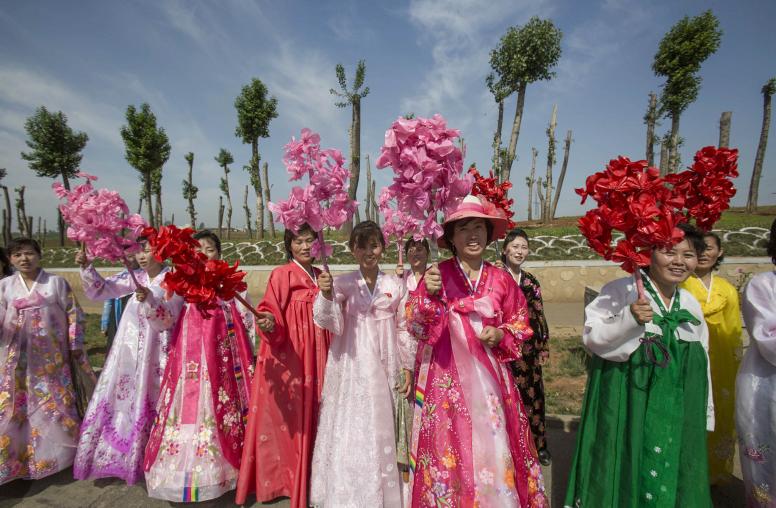North Korean Phone Money: Airtime Transfers as a Precursor to Mobile Payment System
More than one in five North Koreans have cell phones, and increasingly rely on them to conduct financial transactions. Many of these transactions involve trading cell phone airtime, or “phone money,” for goods and services, and even for offering bribes. This report examines the potential for airtime trading to evolve into a formal mobile money system, which could enhance market activity and stability while providing opportunities for the country to engage with the international community.

Summary
- With the significant rise in cell phone use during the Kim Jong Un era, North Koreans have come to increasingly rely on cell phone communications for financial transactions, using mobile airtime as a proxy for cash when transferring funds or making small, on-the-spot purchases of common goods and services.
- Such transfers are popular because of their reliability and ease. The high cost and inconvenience of purchasing more call minutes, or “phone money,” coupled with the ease of transferring them, has created a secondary market for airtime.
- Airtime transfer has the potential to evolve into a formal mobile money system. This would give the market access to reliable and convenient funds transfer and digital payment services.
- A successful mobile money system is still far away, however. North Korea would need to raise the mobile penetration rate, make massive initial investments, adopt customer-friendly service, and address lack of trust in official financial institutions and the won.
- These changes could help open North Korea, providing valuable opportunity for the international community. As nations explore new ways to induce the country’s denuclearization and encourage economic and social reform, a mobile money system could be a new opportunity for engagement.
About the Report
The airtime transfer system in North Korea has the potential to evolve into a formal mobile money system that would enable customers to deposit, send, and withdraw funds on their mobile phones. Such a development would require reforms that could open the country and provide valuable opportunities for international influence. Supported by the North Korea program at the United States Institute of Peace, the report is based on interviews with North Korean defectors, news reports, and related literature.
About the Author
Yonho Kim is an associate research professor of practice and associate director of the Institute for Korean Studies at the George Washington University. A specialist in North Korea’s mobile telecommunications and U.S. policy toward North Korea, his findings have been published by the Wall Street Journal, The Atlantic, Yonhap News, and Libération, among others.



